The Appellate Year in Review
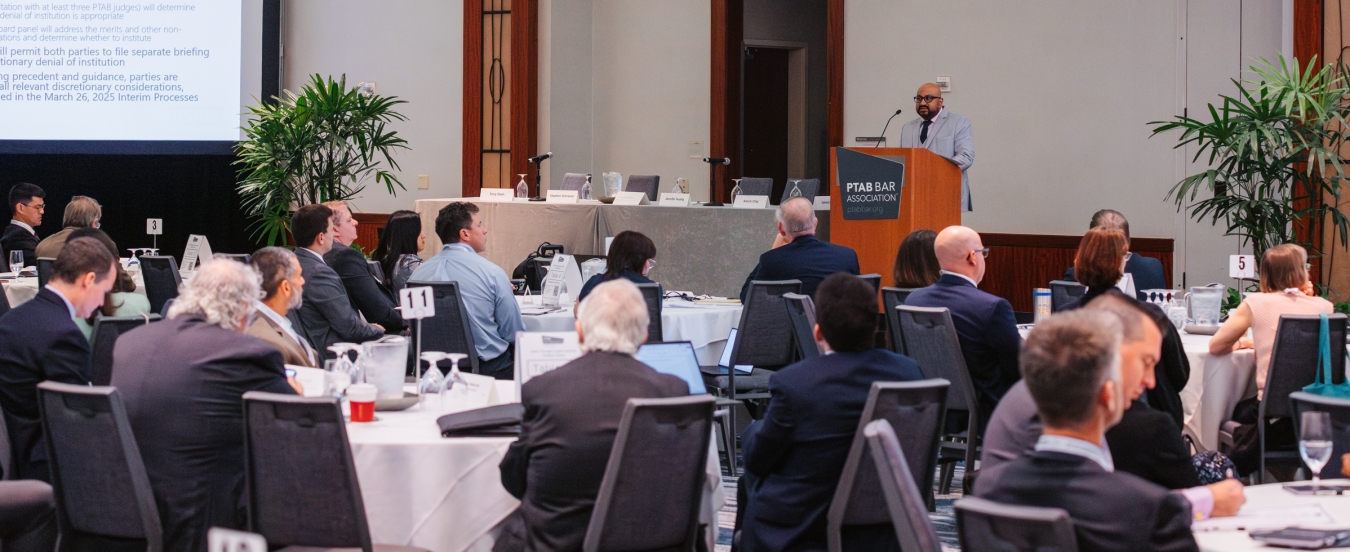
2025 PTAB Bar Assoc. Thought Leader Summit, Virginia Venue
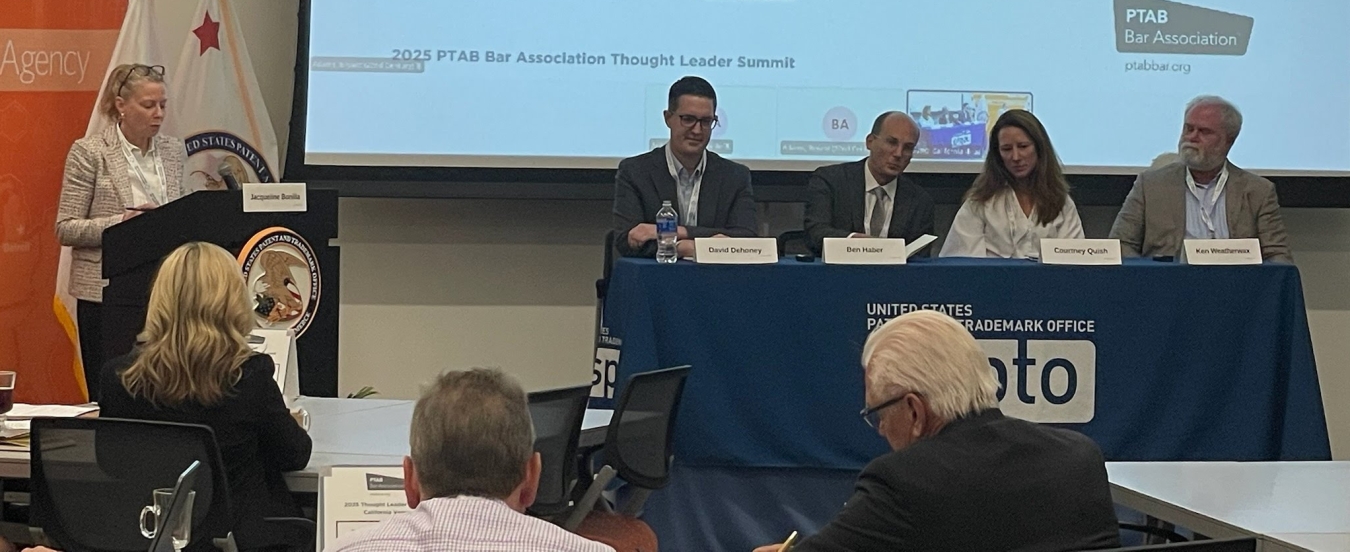
2025 PTAB Bar Assoc. Thought Leader Summit, California Venue
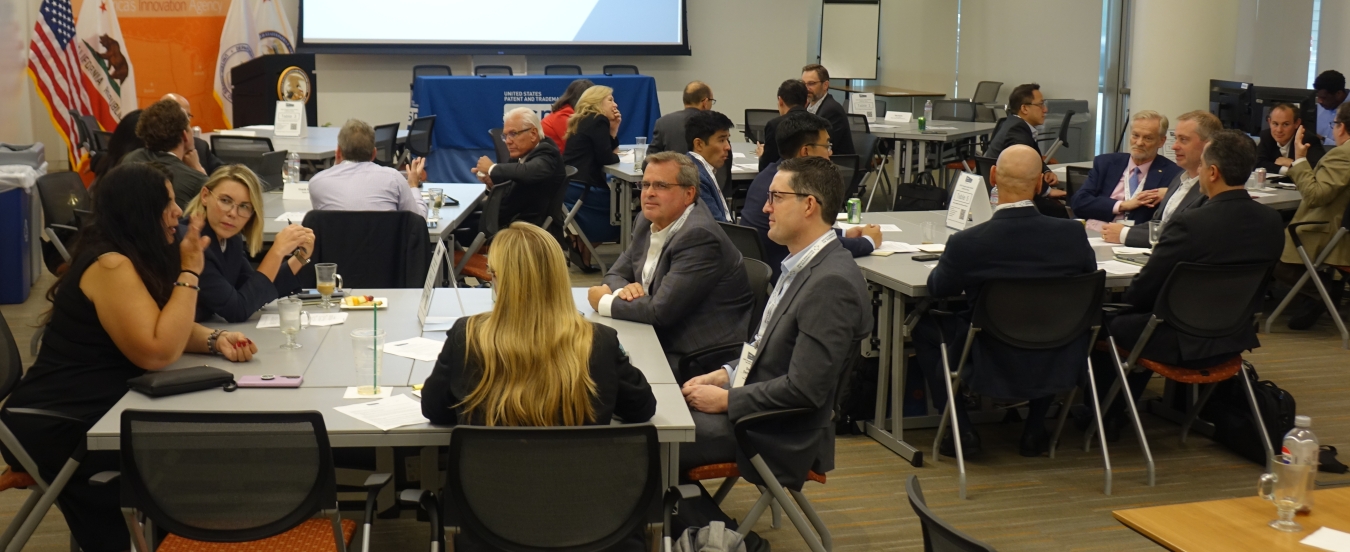
2025 PTAB Bar Assoc. Thought Leader Summit, California Venue

2025 PTAB Bar Assoc. Thought Leader Summit, Virginia Venue
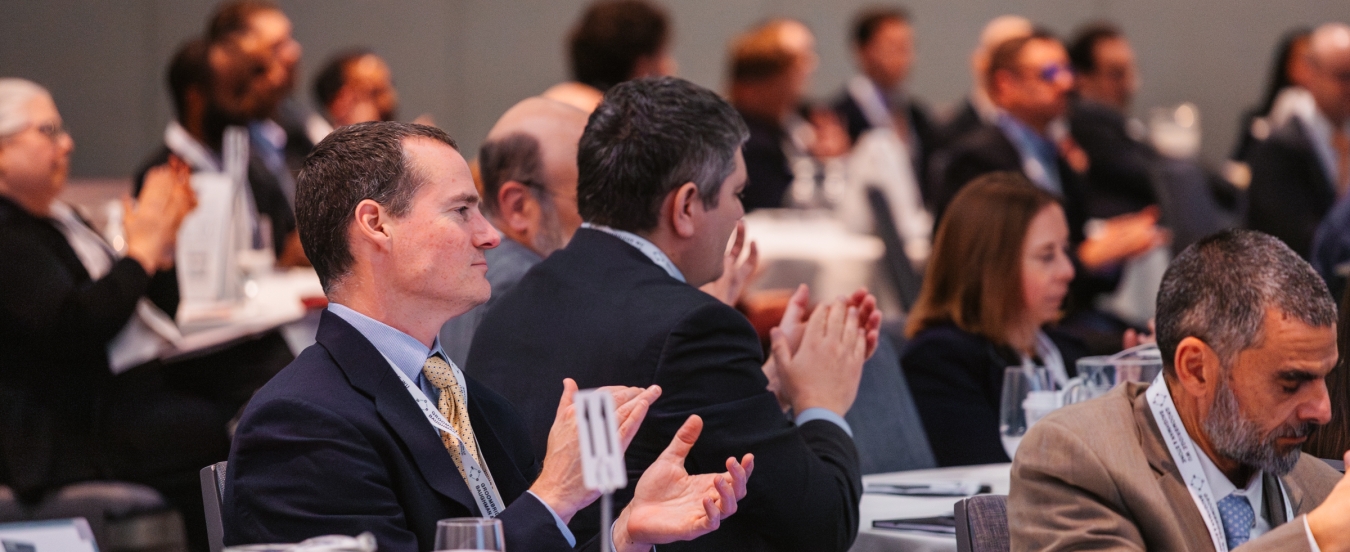
2025 PTAB Bar Assoc. Thought Leader Summit, Virginia Venue
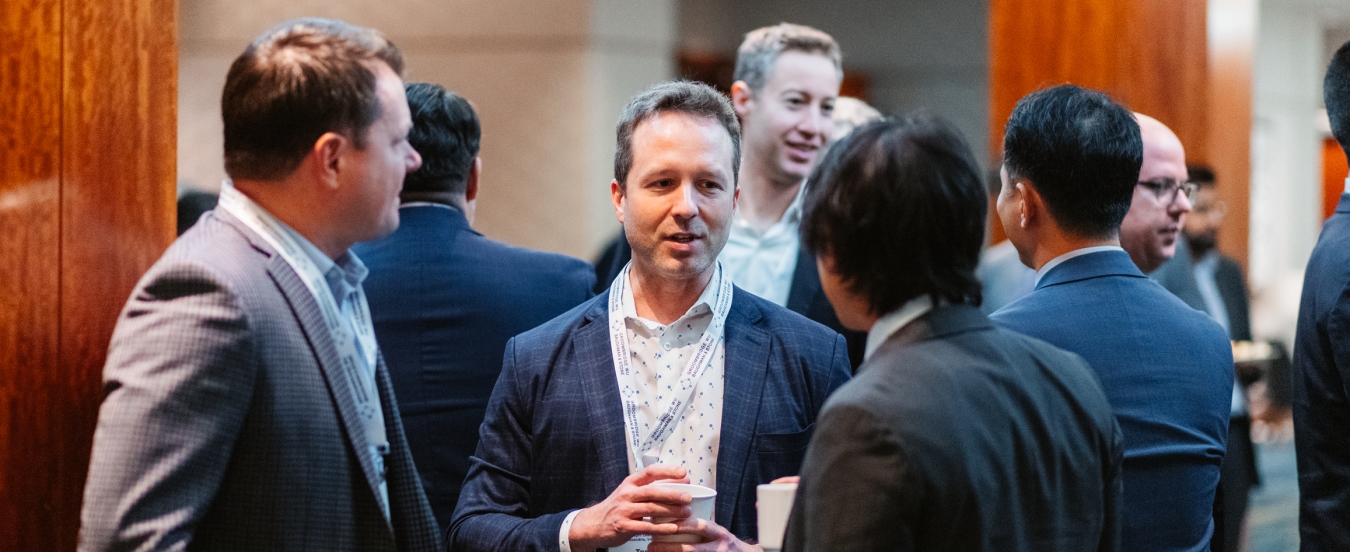
2025 PTAB Bar Assoc. Thought Leader Summit, Virginia Venue
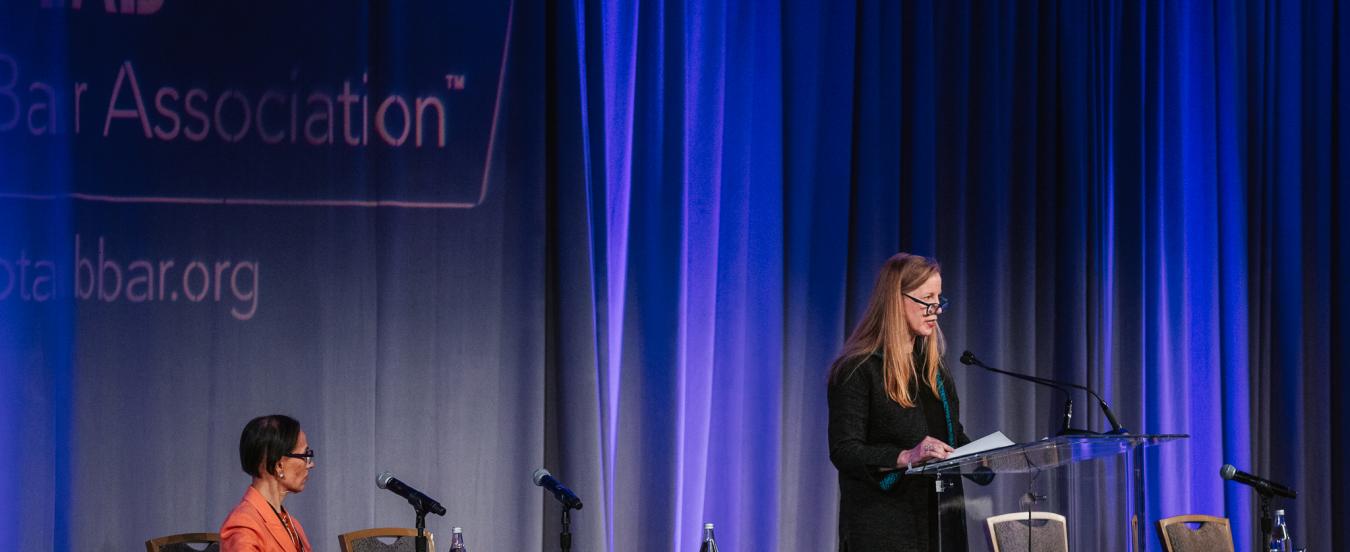
2025 PTAB Bar Association Annual Conference, Remarks by Acting Director Stewart
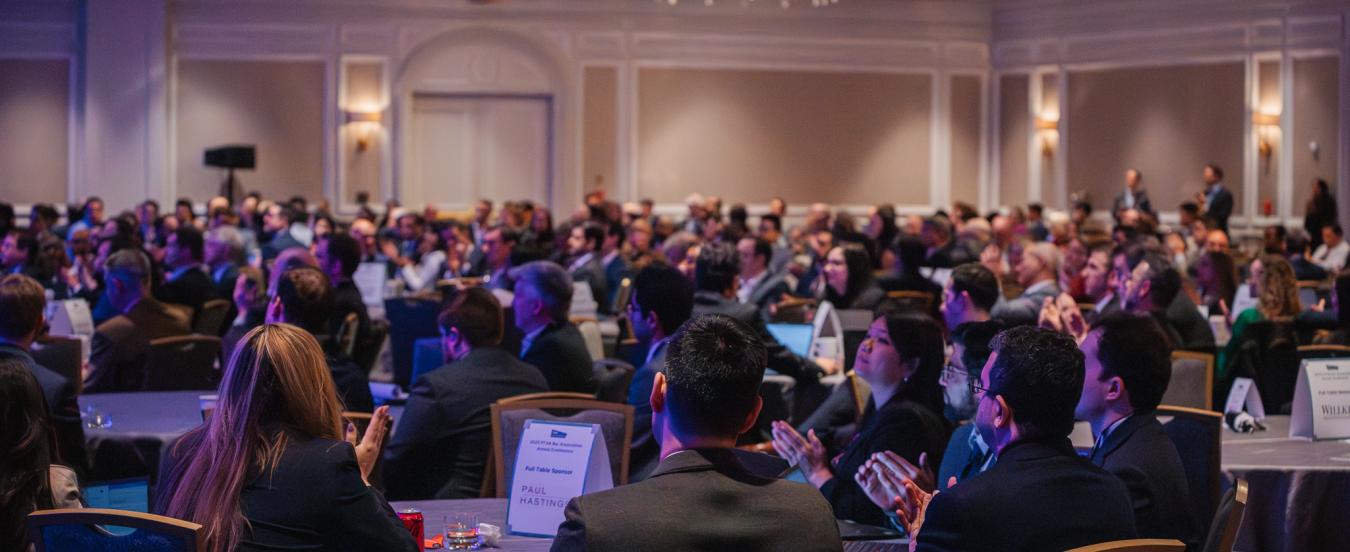
2025 PTAB Bar Association Annual Conference
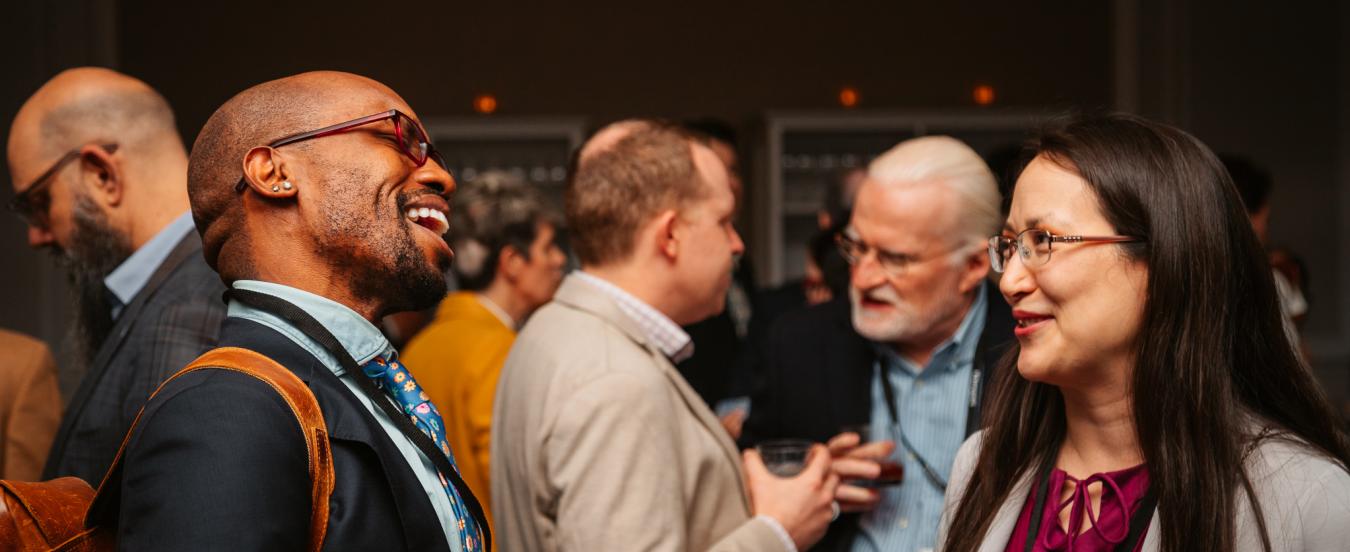
2025 PTAB Bar Association Annual Conference
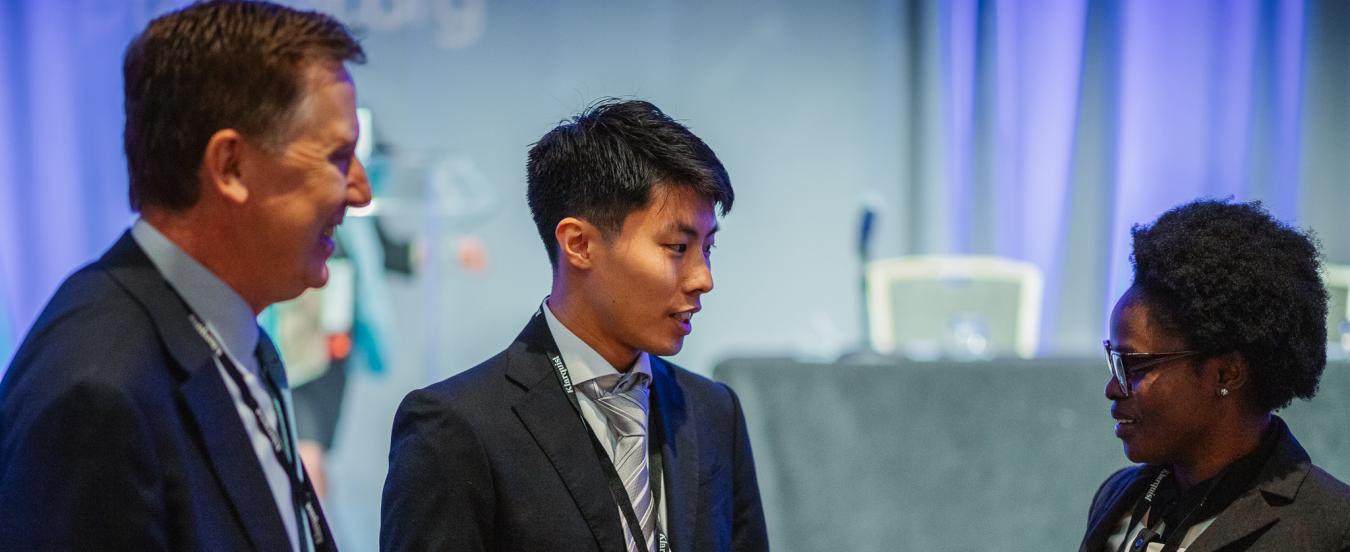
2025 PTAB Bar Association Annual Conference
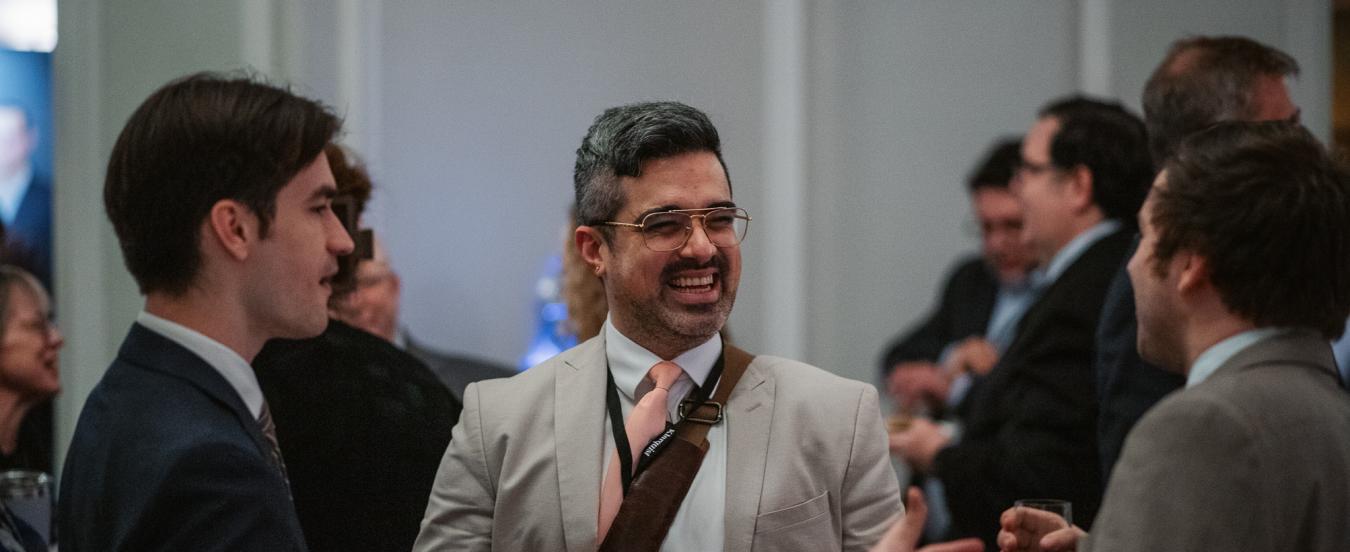
2025 PTAB Bar Association Annual Conference
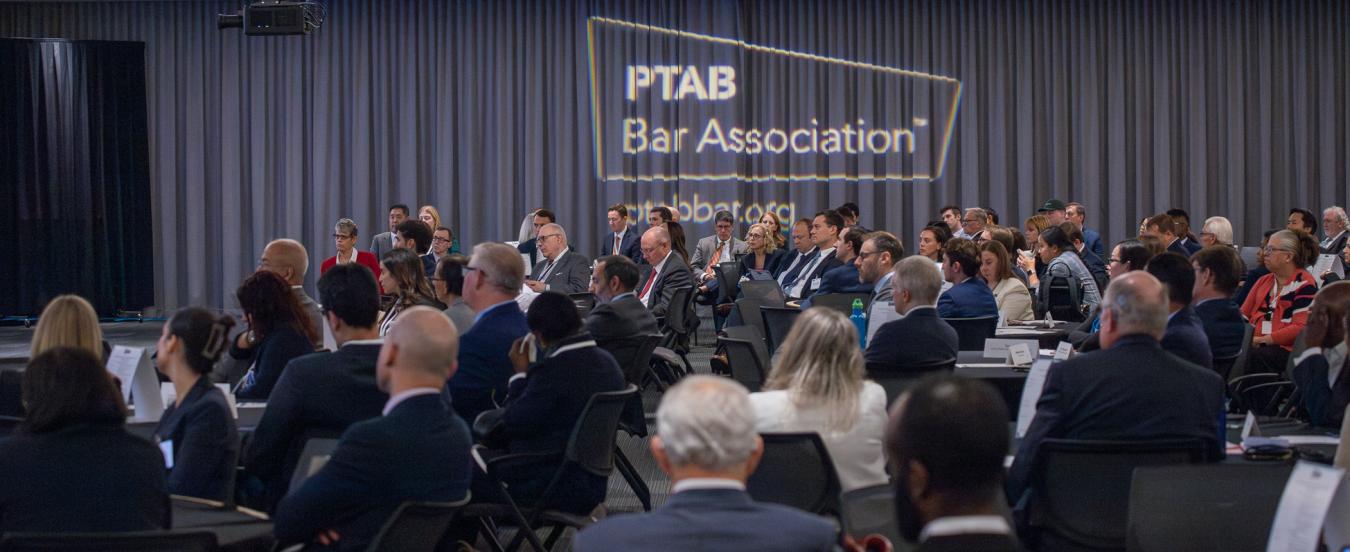
2024 PTAB Bar Association Thought Leader Summit, Virginia Venue

2024 PTAB Bar Association Thought Leader Summit, Expertise Expo, Virginia Venue

2024 PTAB Bar Association Thought Leader Summit, Roundtable Discussion, Virginia Venue
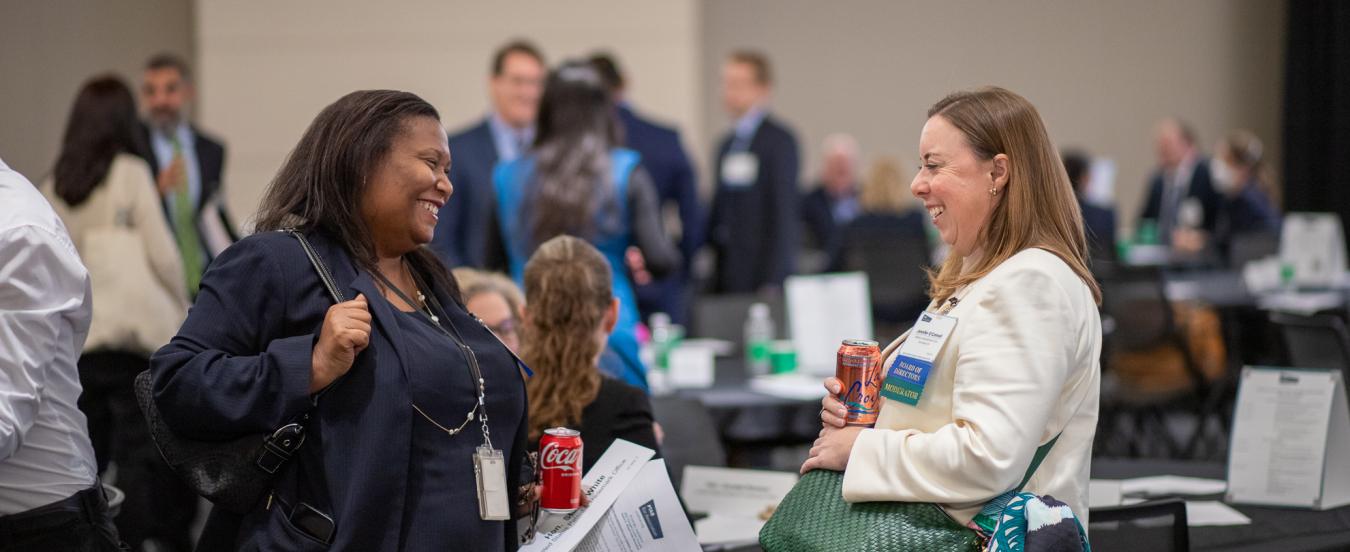
2024 PTAB Bar Association Thought Leader Summit, Virginia Venue
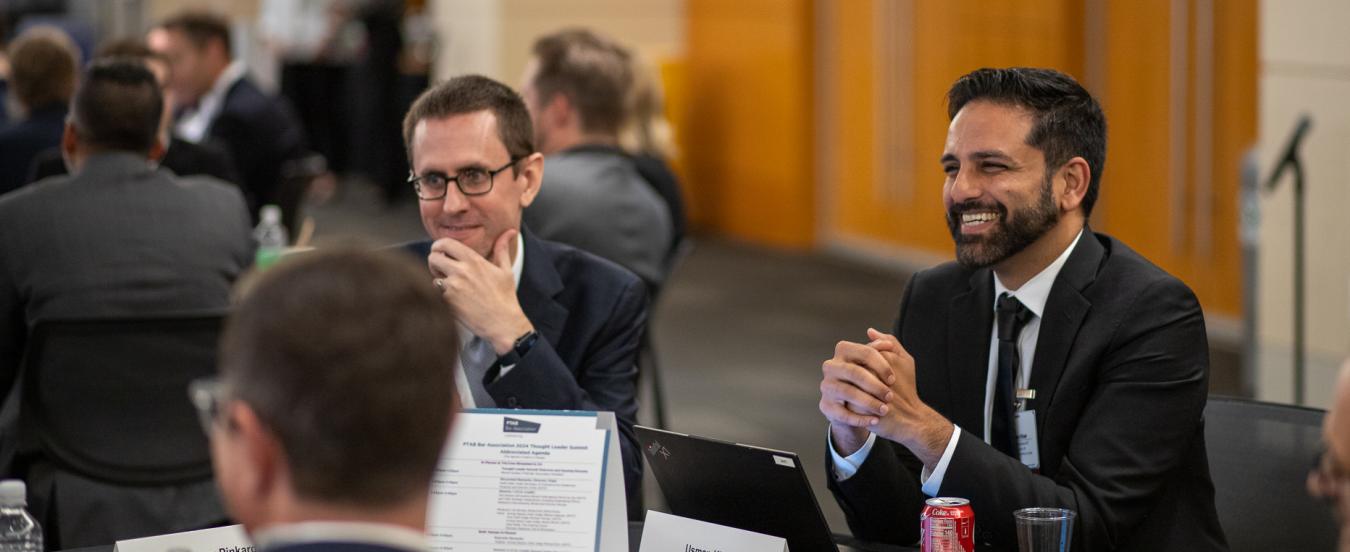
2024 PTAB Bar Association Thought Leader Summit, Roundtable Discussion, Virginia Venue
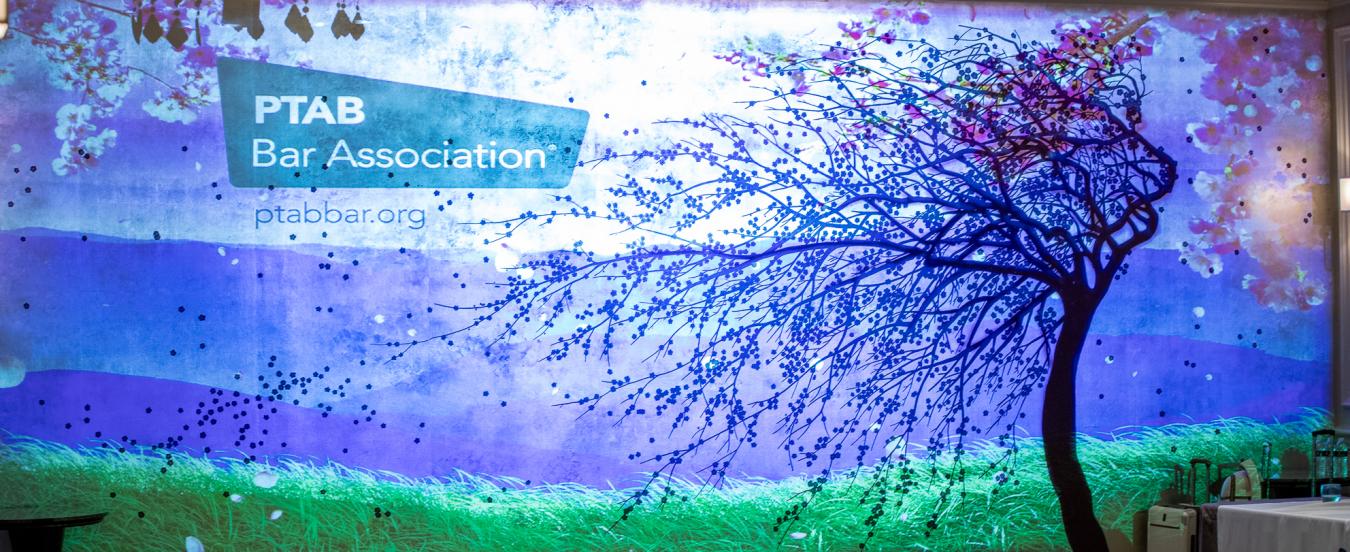
2024 PTAB Bar Assoc. Annual Conference, Washington, D.C.
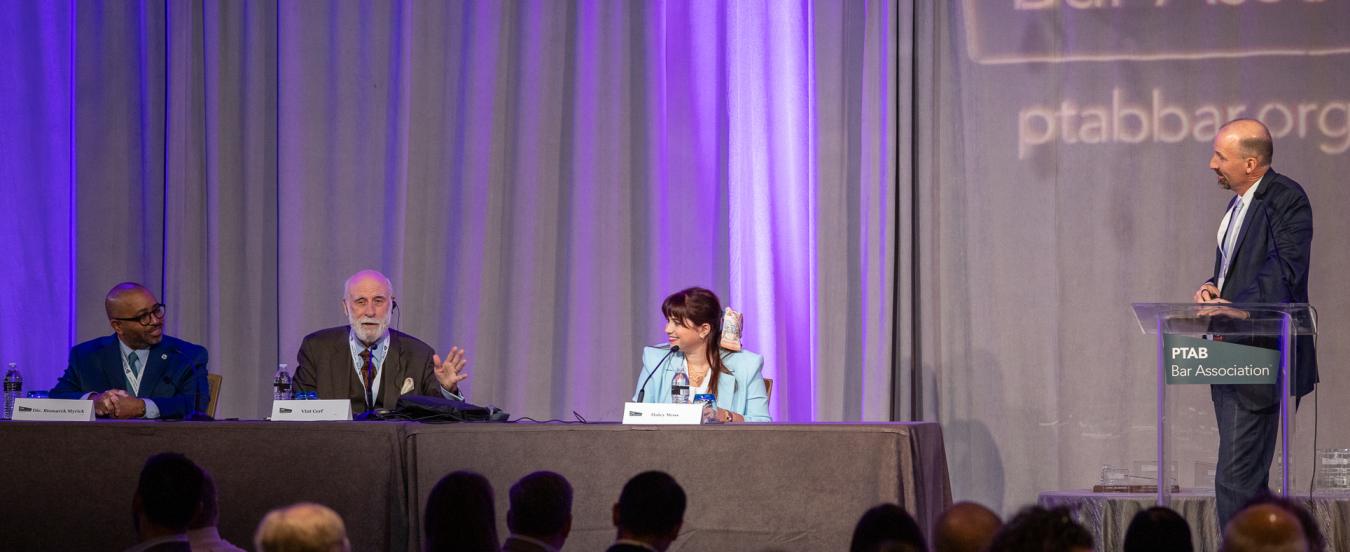
2024 PTAB Bar Association Annual Conference, DEI Panel
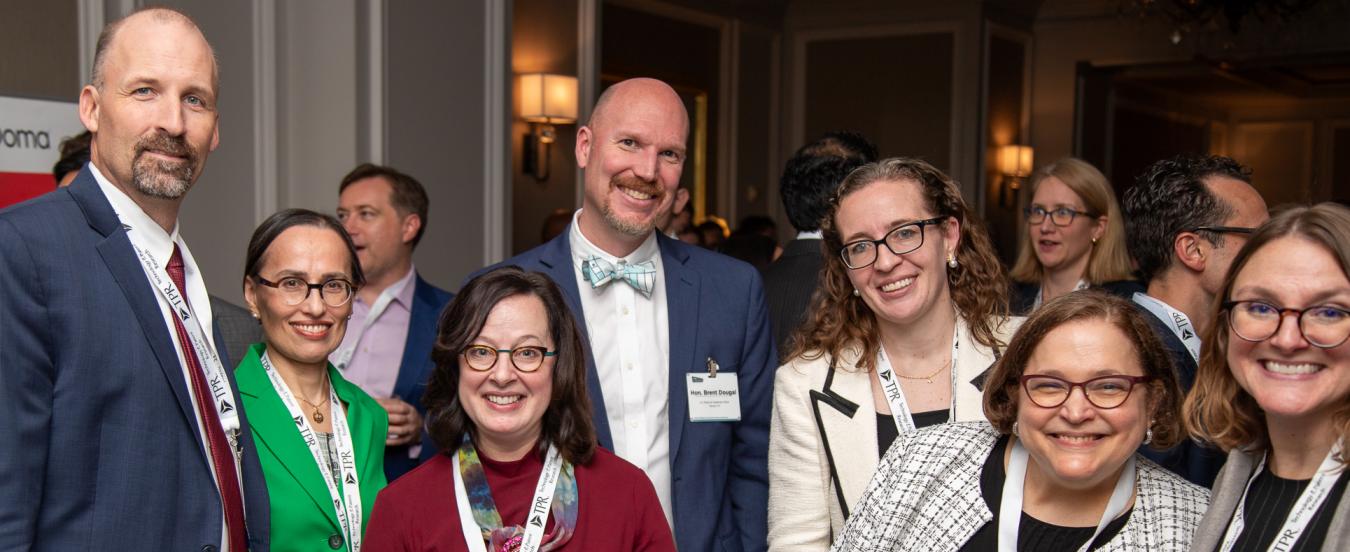
2024 PTAB Bar Association Annual Conference
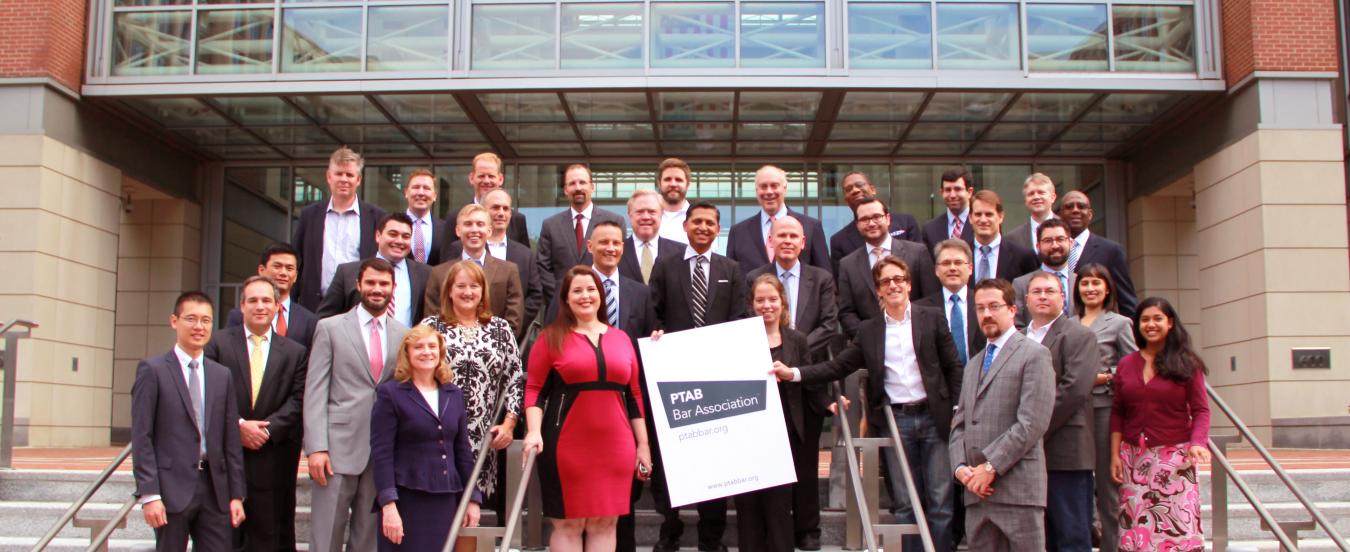
Focusing on the PTAB Since Our Formation...
‹
›
Presented by the PTAB Bar Association’s Committee on Appeals from the PTAB
Each year, the Supreme Court and the Federal Circuit issue many significant decisions impacting PTAB practice. The Appellate Year in Review, presented by the association’s Committee on Appeals from the PTAB, synthesizes the most important appellate decisions of the year and puts them into the context of the rapidly evolving PTAB practice. The Appellate Year in Review is available to Members Only.
To access it, please click here.























